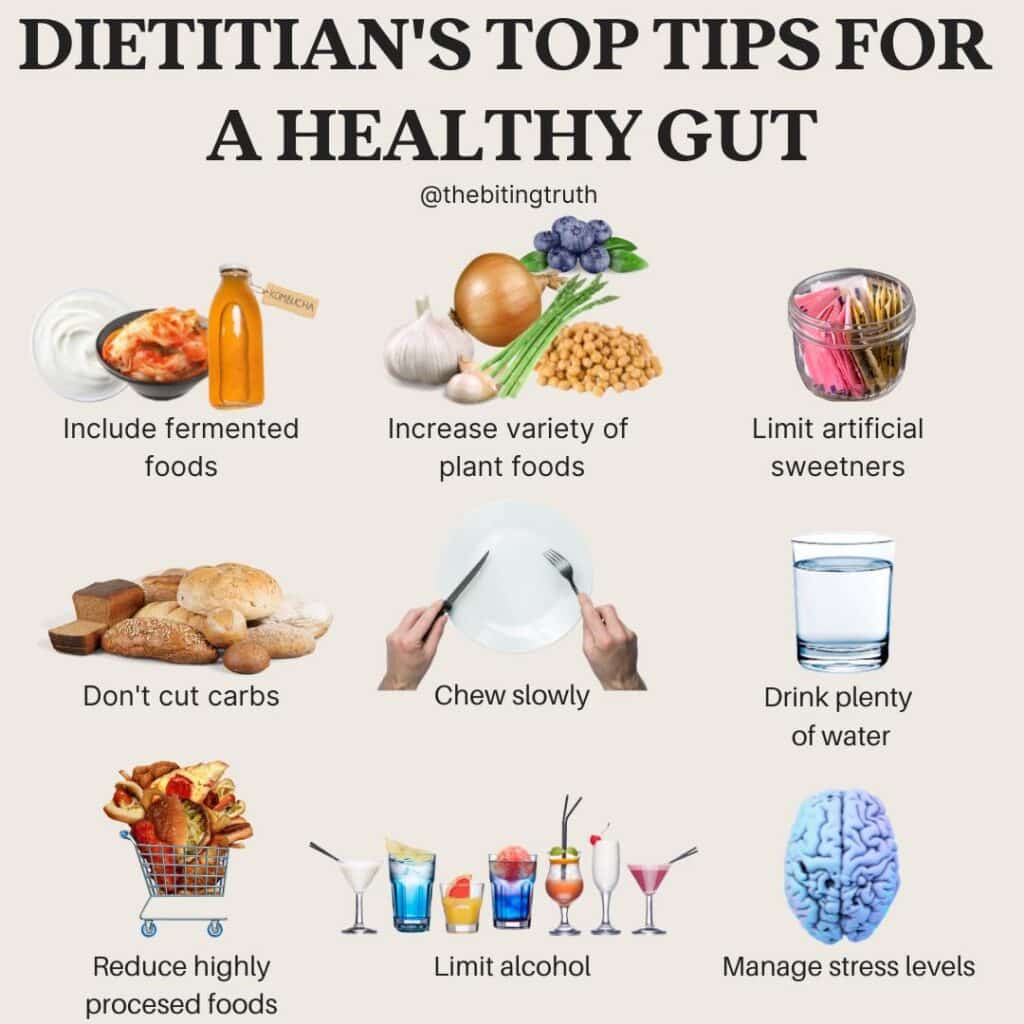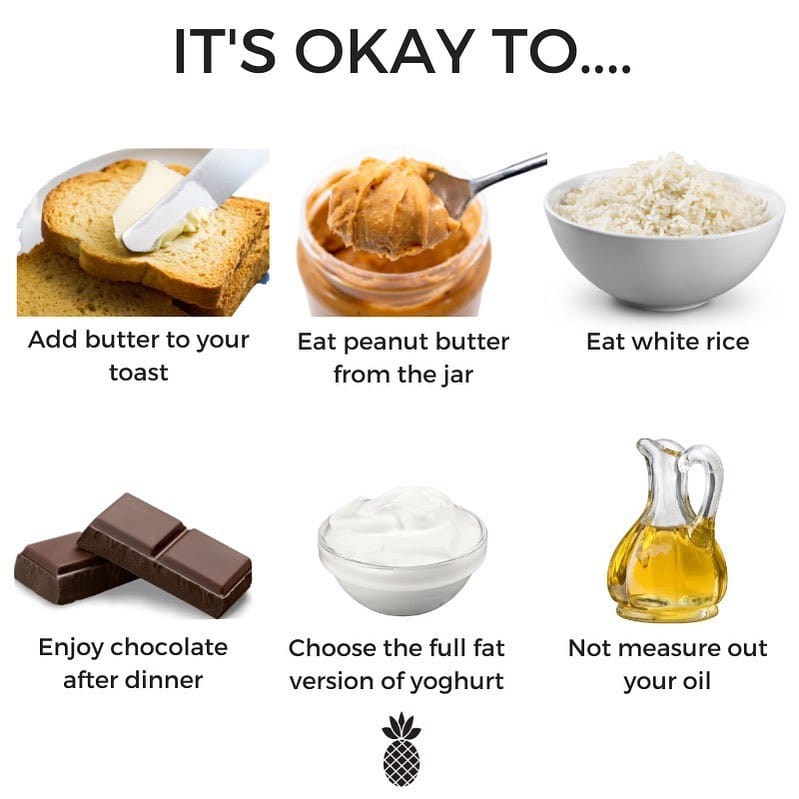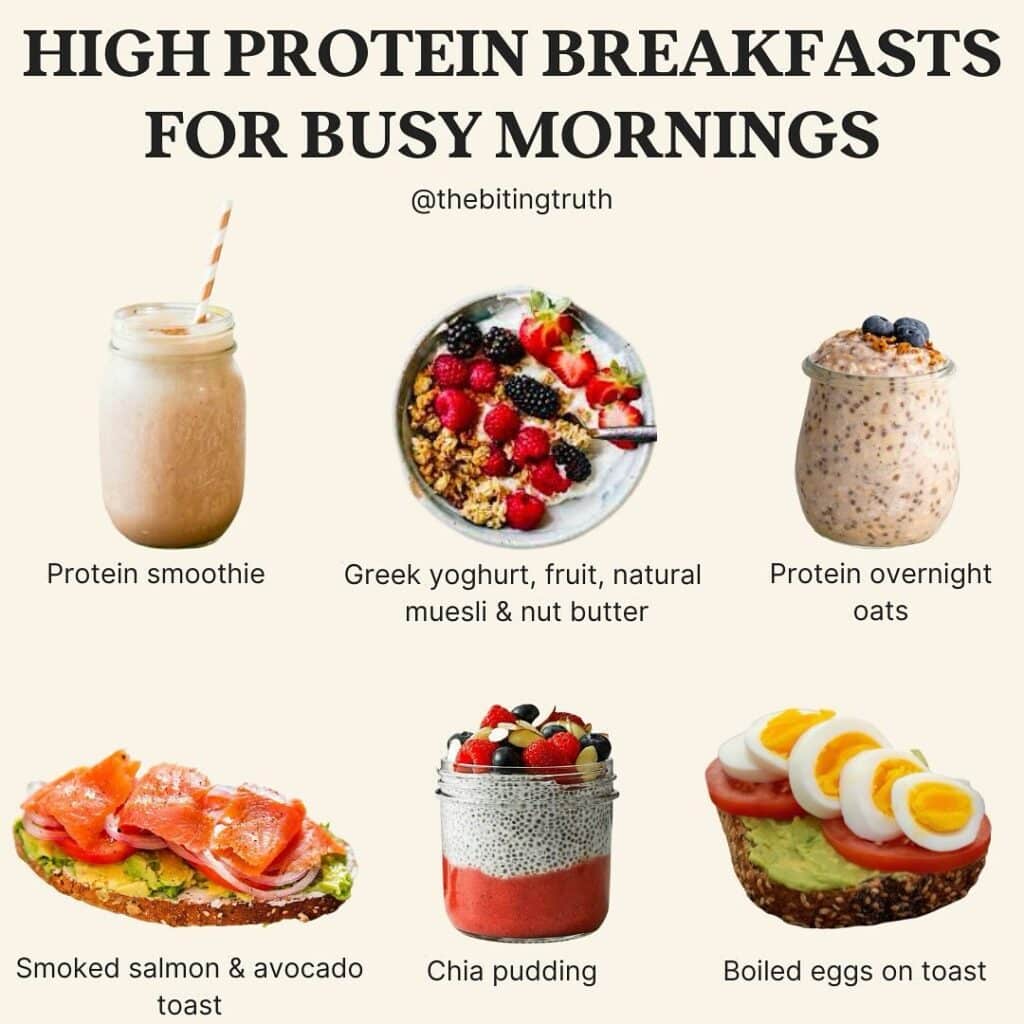Free shipping for orders over $80
Free shipping for orders over $80
If you’ve ever stepped foot in a gym or browsed the supplement aisle, chances are you’ve come across creatine. Long associated with bodybuilders and athletes chasing bigger muscles and better performance, this naturally occurring compound is now gaining traction for benefits that extend far beyond the weight room.
So what’s the deal with creatine and should you be taking it?
Creatine is a compound found naturally in our muscles and in foods like red meat and fish. It helps our bodies produce energy during high-intensity, short-duration movements — like lifting weights, sprinting, or even climbing stairs.
While we can get small amounts from food, most of the creatine stored in our muscles comes from our own internal production or from supplementation.
Research has consistently shown that creatine can:
Increase strength and power
Support muscle recovery
Improve high-intensity exercise performance
But what’s exciting is the growing body of research on other potential benefits:
Brain health – particularly in older adults and those with cognitive decline
Mood support – some early research suggests benefits in depression
Healthy ageing – helping to preserve muscle mass and strength over time
Creatine is not just for young, male athletes. It may benefit:
Women – particularly those who strength train or want to support brain health and muscle tone
Vegetarians and vegans – as they consume less creatine through diet
Older adults – to help maintain muscle mass and reduce the risk of falls
People with high training loads or regular intense exercise routines
Let’s clear up a few common misconceptions:
“Creatine causes weight gain”
Yes, creatine can cause a small increase in weight — but this is due to water being drawn into the muscles (not fat gain). For many, this is a positive as it reflects improved muscle hydration and function.
“It’s bad for your kidneys”
In healthy individuals, creatine supplementation at recommended doses has not been shown to cause kidney damage. That said, if you have pre-existing kidney concerns, it’s best to check with your doctor first.
“You need to ‘load’ creatine”
Loading (taking higher doses for a short period) is optional. A consistent daily dose of 3–5g is effective over time.
Dosage: 3–5g daily (creatine monohydrate is the most studied and cost-effective form) – for females we would usually recommend around 3g per day.
Timing: Anytime works, but taking it with a meal (especially one containing carbohydrates and protein) may support absorption
Hydration: Drink plenty of water — creatine draws water into your muscle cells
While foods like red meat and fish contain creatine, the amounts are small. You’d need to eat over 1kg of meat daily to get close to the dose used in studies. That’s why supplementing can be a more practical and effective option for most people.
Creatine isn’t just for gym buffs, it’s a well-researched, safe, and affordable supplement that offers benefits for a wide range of people. Whether you’re looking to boost exercise performance, support your brain, or age well, it might be worth considering.
As always, it’s a good idea to chat with a health professional before starting any new supplement.
—-
Notes:






